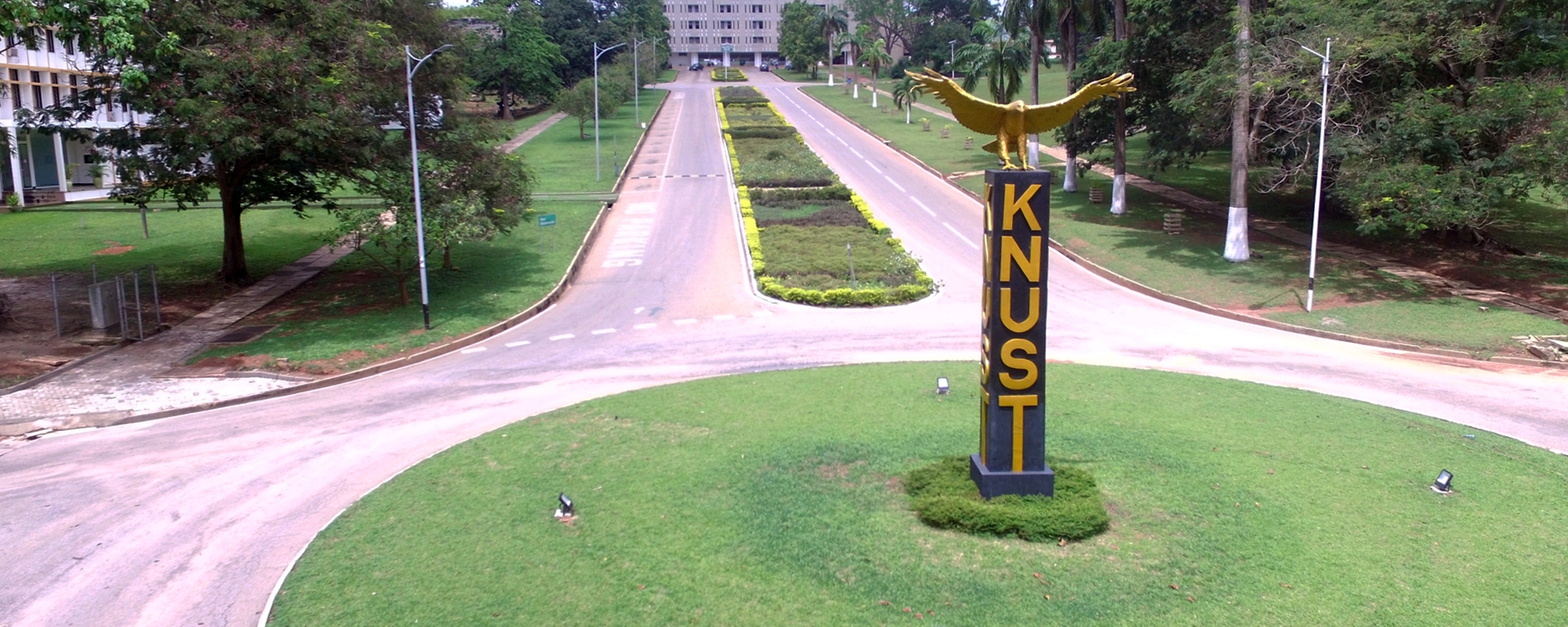Overview
The threat of Cyber Security attacks is increasingly evident to individuals and organizations around the world; from hacking to phishing, scamming to grooming, and botnets to cyber-terrorism, while the variety and ingenuity of exploits appear to expand constantly. The popularity of the role of the Internet to all aspects of our daily lives, ranging from Telecommunications, Banking, Education, Governance, Manufacturing, Media, National Securities among others, have also contributed to the proliferation in malicious activities taking place in the digital world. The programme focuses on two aspects: Cyber Security (protecting computers, networks, computer programmes, and data from unintended or unauthorized access, change, or destruction) and Digital Forensics (the approach to critical analysis of digital evidence to synthesize knowledge and scientific method to gain understanding of criminal behavior as well as the economic impact). The MSc Cyber Security and Digital Forensics degree programme is designed to fill the gap by providing skills training to prospective students with new scientific methods in combating Cyber Crime and improving Digital Forensic investigations.
Modules and courses
Year One: Semester One
|
S/N |
Course Code |
Course Name |
T |
P |
C |
|
1 |
CSDF 551 |
Secure Infrastructure Design |
2 |
3 |
3 |
|
2 |
CSDF 553 |
Research Methods and Professional Practice |
3 |
1 |
3 |
|
3 |
CSDF 555 |
Application Security |
2 |
3 |
3 |
|
4 |
CSDF 557 |
Computer Forensics |
2 |
3 |
3 |
|
5 |
CSDF 559 |
Cyber Law |
3 |
0 |
3 |
|
Electives (Select 1 Based on Option) |
|||||
|
6 |
CSDF 561 |
Python Security Programming* |
2 |
3 |
3 |
|
7 |
CSDF 563 |
Digital Forensics Software Tools^ |
2 |
3 |
3 |
|
Total |
14 |
13 |
18 |
||
Year One: Semester Two
|
SN |
Course Code |
Course Name |
T |
P |
C |
|
1 |
CSDF 552 |
Cryptography |
3 |
0 |
3 |
|
2 |
CSDF 554 |
Cloud Systems Architecture |
2 |
3 |
3 |
|
3 |
CSDF 556 |
Information Security |
3 |
0 |
3 |
|
4 |
CSDF 558 |
Operating System Security and Forensics |
3 |
0 |
3 |
|
5 |
CSDF 560 |
Advanced Computer Forensics |
2 |
3 |
3 |
|
Electives (Select 1 Based on Option) |
|||||
|
6 |
CSDF 562 |
Intelligence and Forensic Analysis^ |
2 |
3 |
3 |
|
7 |
CSDF 564 |
Database Security Management* |
2 |
3 |
3 |
|
Total |
15 |
9 |
18 |
||
|
Total Credit Hours |
29 |
25 |
36 |
||
|
CSDF 570 |
Thesis |
0 |
27 |
9 |
|
Mode of course delivery
The programme is offered through distance education, a learning oriented system allowing greater flexibility in learning while students continue with their regular professional work. The programme is offered in a mixed mode format. The approach uses print and electronic media in order to be responsive to the needs of the learner and also maximize the use of technology in course delivery.
At the heart of the programme is excellent online learning materials developed by capable and competent resource persons from KNUST and other recognized institutions.
Academic Support Systems/Services
Limited face-to-face facilitated sessions are provided at all the Learning Centres. These sessions are supported by print and electronic materials, and local learning facilitators who also support and direct students as they work through the resources provided.
The Centres provide learning support to students living in different parts of the country, thus reducing travel expenses.
Learning centres
Head of department
Exam officer
Programme coordinator
Dr. Yaw Marfo Missah
Lecturer
Biography
- A good first degree from a recognized University in Computer Science, Information Technology, Computer Engineering, Information Systems, Physics, Mathematics, Telecommunication, Business Information Technology, Electrical Engineering and other related Science or Engineering background.
- Candidates with professional qualification and experience in the relevant area may be considered.
- NMIn addition to (i) and (ii) above, applicants may be required to go through background security check with the relevant state agency.

How to Apply
Pursuing an academic programme is an important step toward your future — and we're here to help


